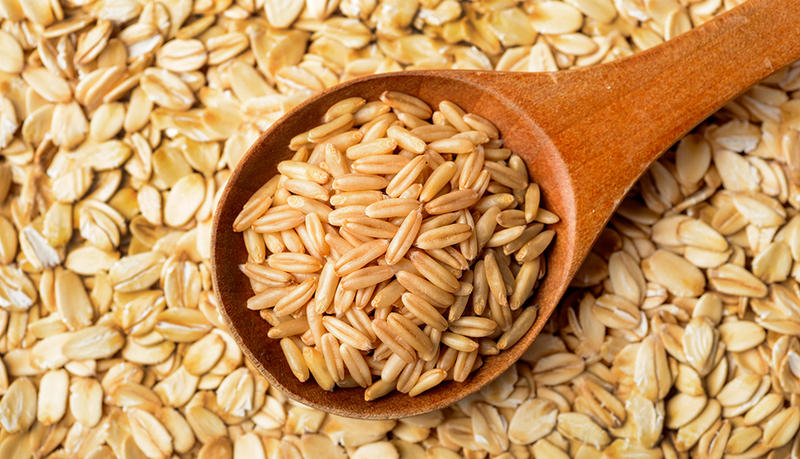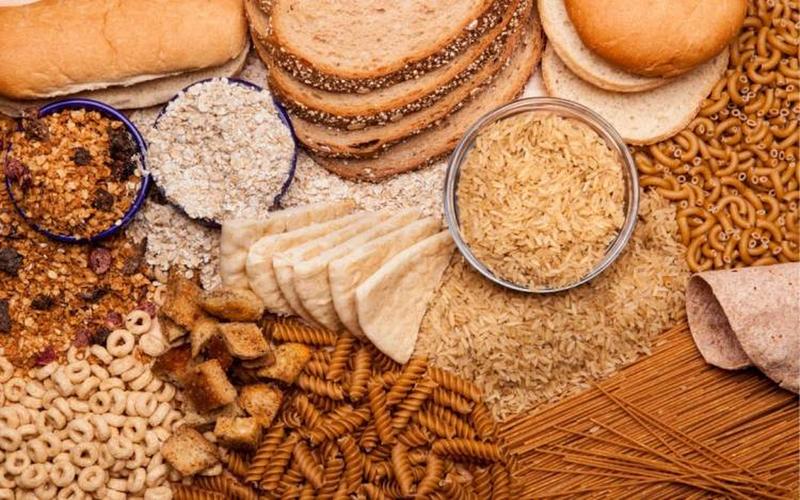Whole grains are the grains that include the endosperm, germ, and bran, unlike refined grains which only contain the endosperm. The intake of whole grains is considered to lower the risk of numerous diseases, and whole grains also provide carbohydrates, several nutrients, and dietary fiber. Sources of whole grains encompass wheat, rice, barley, rye, maize, oats, and others. Despite the health effects, there are still some untruths regarding whole grains.

Even though whole grains include lectins and phytates, this doesn't mean that they're hazardous for the gut, considering the two ingredients are known to prompt inflammation and mess with the digestion process. Regarding phytates, they can be the reason behind the reduction of the absorption of certain nutrients, however, this is more of a concern for people living in impoverished countries. That's because in such countries it's harder for people to get nutrients from various food sources.

As far as lectins are concerned, these are proteins that are tiny and not so easy to digest, which may lead to worsening gut health due to a possible accumulation of the said proteins in the body. In order to avoid that from happening, people need to soak and cook the grains, because this lowers the number of lectins that end up getting consumed. Of course, this is something that most people are already doing by default.
As mentioned earlier, whole grains include wheat, rye, and barley, which also happen to be a source of gluten. When it comes to this protein, some people have gluten intolerance, and therefore, they need to avoid gluten. To them it can be hazardous to the small intestine, however, for those people who aren't intolerant or allergic to gluten, the consumption of whole grains is safe and healthy because of the other ingredients that are present.

In other words, whole grains also contain fiber, iron, and folate, which are essential nutrients that make for a healthy diet. In fact, foods that contain gluten tend to be the source of these nutrients for many people, meaning that if a person avoids such foods, they could miss out on some very important vitamins and nutrients. Moreover, just because a product is gluten-free doesn't make it healthier considering the presence of some other undesirable ingredients.
It's a known fact that whole grains contain carbohydrates, however, this is also the case with vegetables, which stands to say that at the end of the day, carbs are the ingredient that is very necessary for a person's health. Not that they shouldn't be balanced with fat and protein, but it's not like they should be completely avoided either. Therefore, considering carbs need to be included, it's better to consume them via whole grains rather than refined grains.

Of course, this doesn't mean that a person should overdo it, but it's good to know that whole grains include the bran, the germ and the endosperm of the plant. This also entails that whole grains 'rank' higher in fiber, vitamins and general nutrient content in comparison to refined grains. In conclusion, unless a person has an intolerance or an allergy, and provided they don't over-consume, then whole grains are definitely a health benefit.